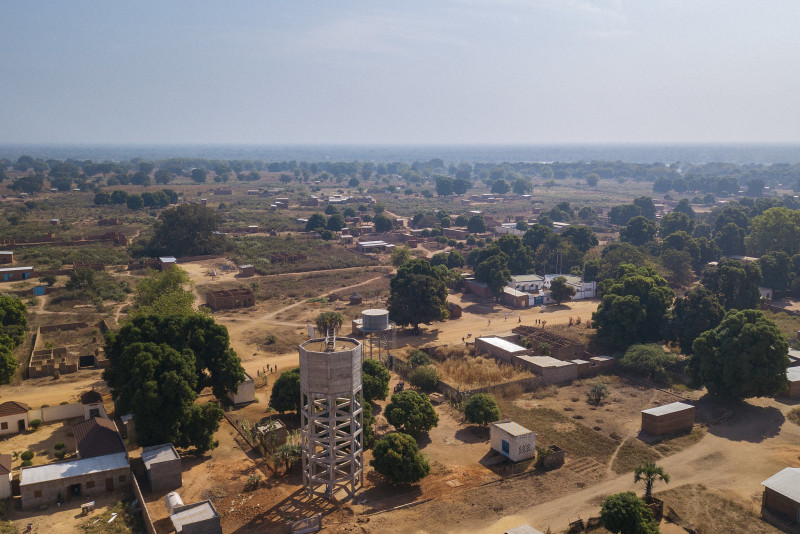Chad: the African Development Bank approves a donation of over EUR 34 million to improve water and sanitation

ABIDJAN, Ivory Coast, November 22, 2023 -- The Board of Directors of the African Development Bank Group (www.AfDB.org) approved a donation of EUR 34.27 million to Chad in Abidjan on 17 November 2023, to implement the second phase of the Semi-urban and Rural Drinking Water Supply and Sanitation Programme in 11 of the country's regions.
The financial support comes from resources under Pillar I of the Transition Support Facility (https://apo-opa.co/49NxPwb). The project aims to improve the living conditions of people in semi-urban and rural areas by giving them access to drinking water and sanitation.
"By investing in constructing social and rural infrastructure in vulnerable areas, the programme will contribute to the creation of resilient societies, reduce isolation and inequalities between women and men, promote inclusive economic development and strengthen access to basic sanitation services," said Mamadi Souaré, interim manager of the African Development Bank's Country Office in Chad.
The programme aims to construct drinking water supply infrastructure, including drilling 23 wells in Amdjarass and the surrounding area, equipping wells in Amdjarass with 25 submerged pumps, creating 225 wells equipped with manual pumps and building 50 water production plants and 54 solar or thermal drinking-water supply mini-systems.
In terms of sanitation, the programme will construct 500 latrines with three cubicles, a flush system and handwashing facilities in schools, medical centres, bus stations and markets, as well as 20 rubbish bins. Four solid waste rubbish dumps will be built, alongside seven large-diameter agricultural wells and seven market gardens for small-scale irrigation aimed at women's groups.
The intervention area for Phase II of the programme covers the provinces of Ennedi Est (the city of Amdjarass and its surrounding area), Mandoul, Moyen Chari, Mayo Kebbi Est, Mayo Kebbi Ouest, Salamat and Sila. These provinces were chosen based on need and are characterised by a low rate of access to drinking water (between 13 and 42 percent) and sanitation, and a high level of water-borne diseases.

